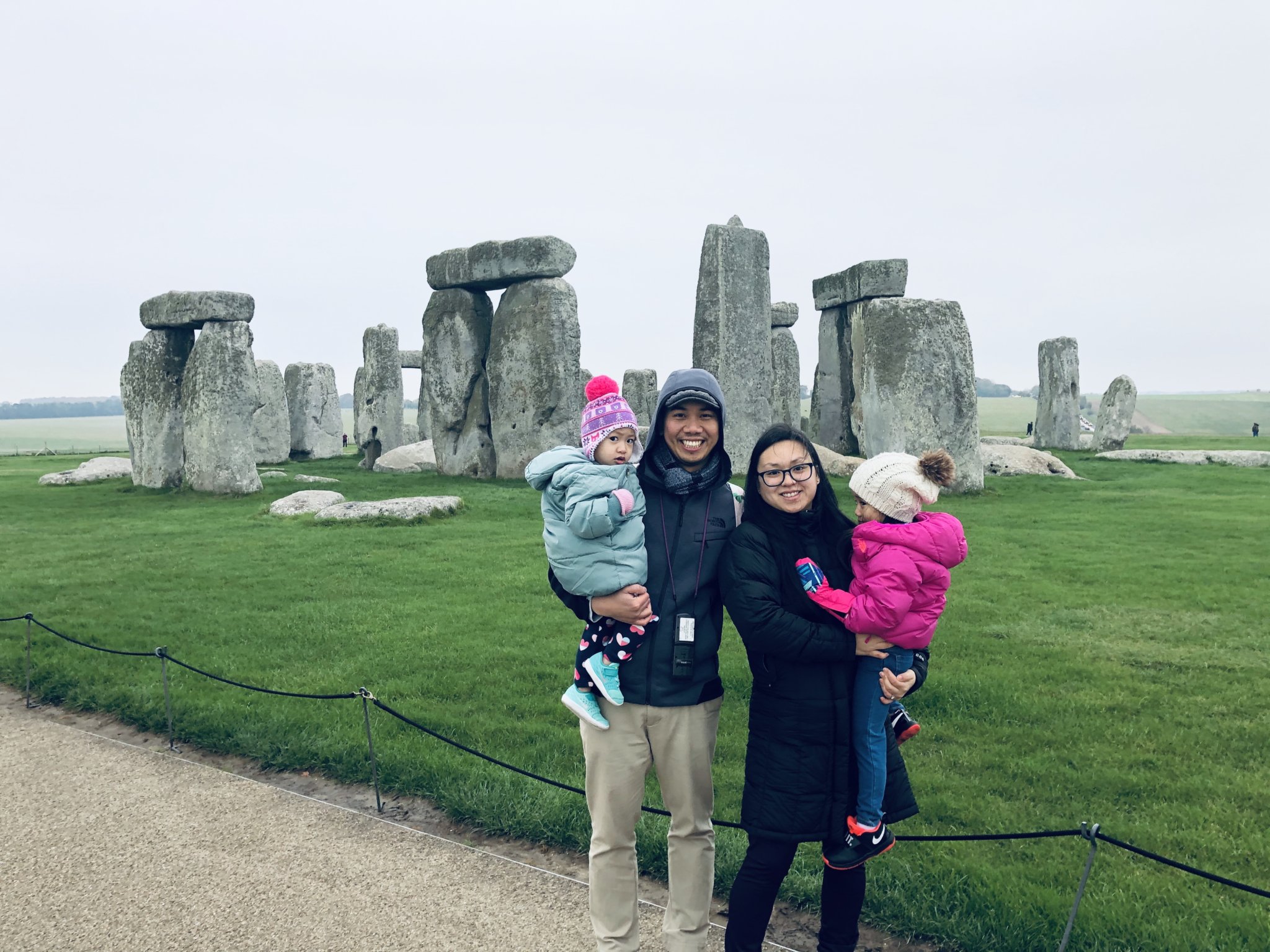
Donavan Lam is Evergreen Treatment Services’ new Chief Financial Officer. He joined the team at the beginning of 2021. Prior to ETS, Donavan was the CFO at YouthCare, a Seattle-based organization that works at ending youth homelessness, and LifeLong, a service provider for people living with different health barriers. Altogether, Donavan has worked for 15 years in the social service sector in both finance and direct service.
On his 11th day at ETS, we sat down with him to learn more about him, how he envisions finance in an organization like ETS, and what he likes to do when he’s not at work.
ETS: So, 11 days on the job. How is it feeling?
Donavan: It’s still very surreal. I use the word surreal because I used to do program work, and when I transitioned to an admin function, I was concerned that I wasn’t going to feel the direct impact of my work. At ETS, it’s clear that my work will have a direct impact on folks as my role at ETS directly contributes to being able to serve more people.
Do you have a personal connection to ETS’ work?
Yes, I’m a first-generation immigrant. My parents came here from Vietnam. I grew up in poverty, going to foodbanks, seeking social services. I know what it’s like to be on the receiving end, and I think that helps me empathize and improve how we provide services.
What most people don’t know about me is that I’m a chemist. My parents never had a chance to enter higher education, and culturally, Vietnamese Americans tend to gravitate to life sciences, so I also went down that path. When I realized that this just wasn’t what I wanted to do, I got my foot in the door volunteering for a group that served Asian American seniors. I felt at home in that role, and that set the course for my career. Over time, I got my MBA degree and CPA certification, and here we are.
Many people also do not know that I am in recovery. I struggled with addiction and mental health challenges in college. I haven’t always talked about this chapter of my life, but that’s changed in recent years. While I’m not particularly proud of this piece of my history, I need to be honest with myself and the people I love and accept it as part of my life and who I am. Now, I strive to be a role model for others who struggle. If a guy like me can transform, then that could motivate other people to do the same.
When you look back at your 15 years of experience with service providers, can you tell me a story about someone you served that has impacted your career?
I used to run a federally funded employment training program. One day, a couple walked in and told me they had arrived in the U.S. from the Philippines just two months ago. Their daughter and their son-in-law had sponsored them.
While they had been sponsored, they weren’t aware of the financial burden it is to transition to life here. In the Philippines, while they weren’t rich, they were self-sustained. When they came here, they said that they felt part of them had been removed. They came to my organization to get employment training so that they could get acclimated and find a job. Mind you, these folks were in their 70s at the time.
It was so difficult to hear their story. They had never met their son-in-law and after they arrived, they realized that he was much older than their daughter, closer in age to them than to her. Whether true or not, they felt like she had sacrificed and married someone older so that they could come here, and now they were picking cans off the street to sell for money. They didn’t want to rely on her and feel responsible for altering their daughter’s future.
The program I was running had a long waitlist; this couple probably had 30 people in front of them in line. I knew that by the time they could receive services, it would be too late. I just wasn’t going to let that happen. So, I got them into the program—and was written up and could have lost my job because I didn’t follow protocol. I told my boss that if doing the right thing is not the right thing, then why am I here? If not allowing them in the program was purely about financial reasons, I knew I could work with the budget to make this work.
This story changed my trajectory. I wanted to go back to grad school initially to get a master’s in social work. But I switched to getting an MBA instead. Business decisions and norms often plague nonprofits and I saw an MBA as a way to help nonprofits serve more people. A huge part of what I do as a CFO is try to break down barriers and burn the myths that finance and program teams have to work at odds, or that the finance and accounting department is an all-powerful gatekeeper that isn’t in touch with the on-the-ground work. It’s possible to work collaboratively to create impact.
For me, finance for any nonprofit is not only about the financial sustainability of an organization. That’s important, but it’s also about balancing financial sustainability and social impact. If you have $3 million in reserves in your bank account, but you’re not doing the most you can for the community, then you’re failing as an organization.
That’s so true and aligned with ETS. What vision do you have for your role at ETS?
ETS has grown quickly in recent years to meet the increasing need. Now’s the time to take a step back and look at the foundation that’s been built and make sure that we haven’t outgrown our modes of operating. I see that as my role, and I plan to do this with consistency and transparency. And again, I want to help us move toward the goal of balancing financial sustainability with social impact. As CFO, my role is to help colleagues understand what our resources are and how to work within our means, while trying to provide as much impact as we can.
What about outside of work? What do you do for fun?
I have two very young daughters. My oldest is five, and my youngest is three. They are my world. As difficult as life was for my parents, they gave me and my siblings all the love we needed. I want to do the same for my children. My wife and I are huge travelers—of course, the pandemic has put a hold on that. But in 2019, we went to London and Paris. We’re foodies and find that exploring the food is the best way to immerse ourselves in different cultures. My youngest daughter, who was two at the time, still remembers our trip to Stonehenge and constantly asks when we’re going back.
Since we can’t travel, we’ve been trying to do more outdoorsy stuff. My daughters love being outside. Last week, we took them sledding for the first time. We’re also trying to do some more hiking. It may be corny, but I just enjoy being around my family. I have a very close relationship with both my brother and my sister. Since my dad passed away, we have been trying to spend as much time as possible with our mom. We all live within 10 minutes driving distance from each other.

What is one thing you wish the average person knew about people who are homeless and those who struggle with addiction?
People have a lot of misperceptions about addiction and homelessness, especially the belief that it’s a choice. There are so many reasons people use drugs or are homeless. People want to find one “silver bullet” solution for all the problems people face. But because the challenges have so many layers, we have to take a more multifaceted approach.
We also have to be patient and be comfortable with incremental progress. Sometimes you look at statistics and are able to say, “we decreased that challenge by 30%,” but other times, you get two people off the street. And that progress is still meaningful. The speed of change is something that needs a lot more focus. People change at different paces and need different kinds of support. To better support the community, we need to check our assumptions at the door, and have some patience and empathy. This can go a long way.
Why should people donate to Evergreen Treatment Services?
For the same reason that I wanted to be in this role. We have an incredible mission and provide essential services for our clients. The needs that ETS are addressing are not going to go away. During a global pandemic, services like ETS become even more critical.




